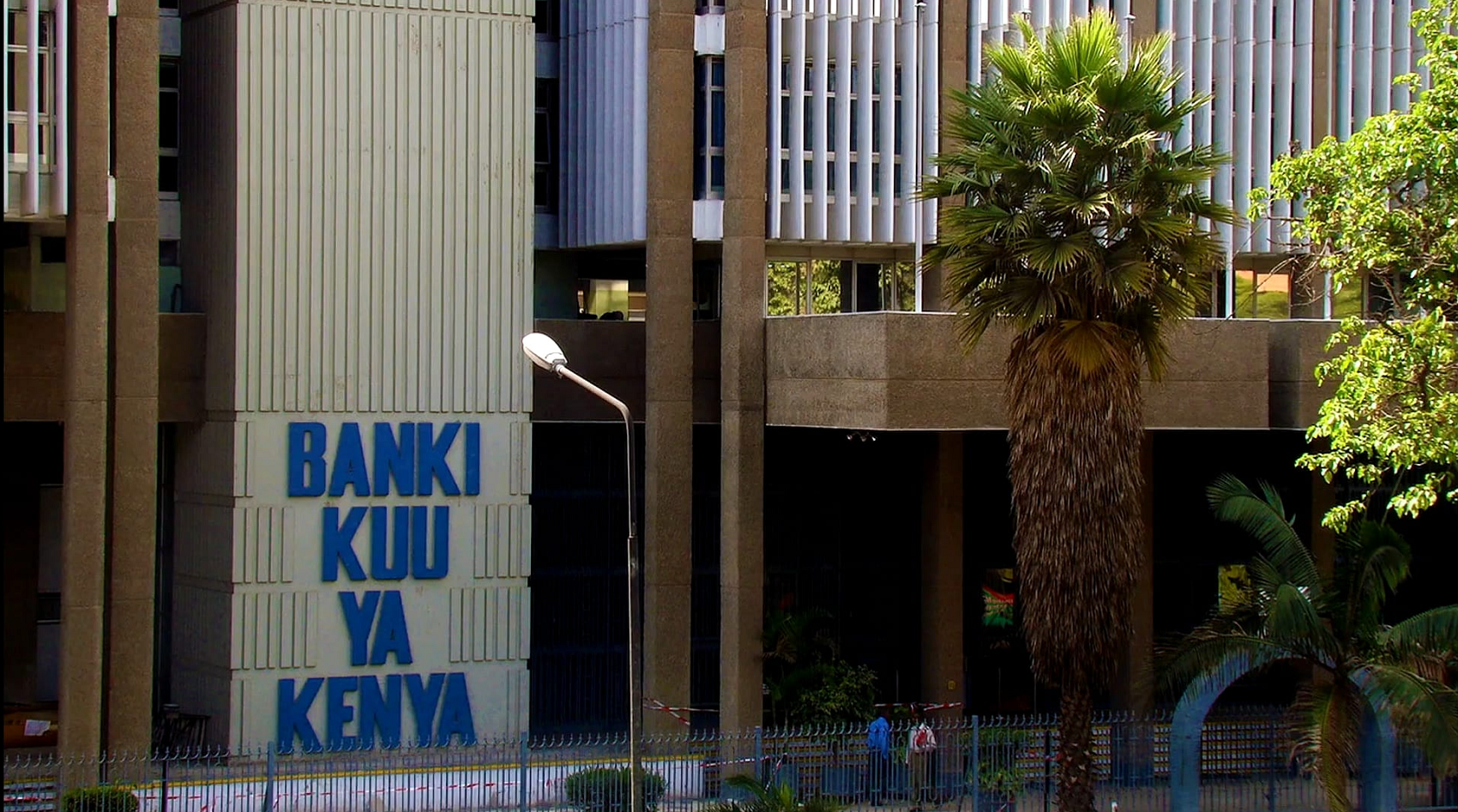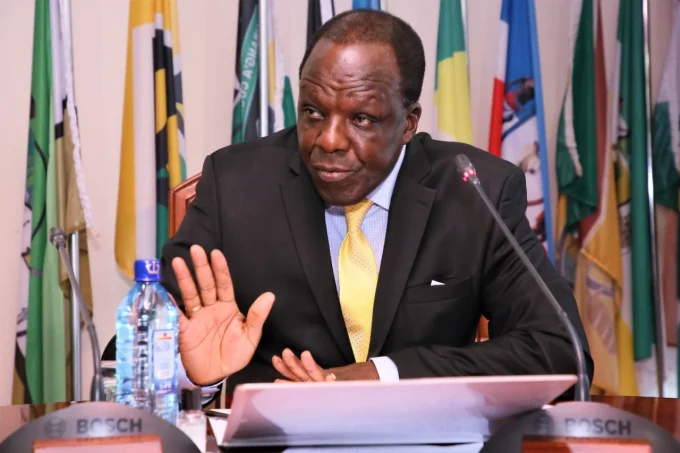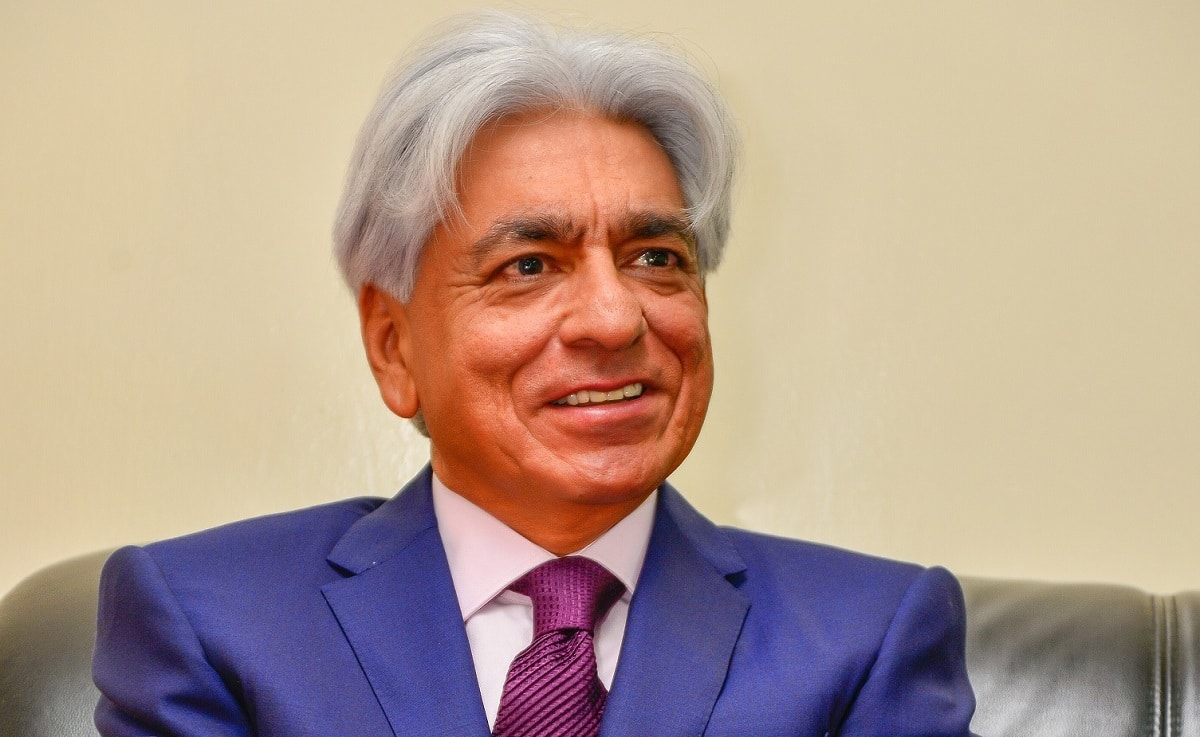Industrialist Vimal Shah and former Central Bank of Kenya Governor Nahashon Nyagah are being accused of defying a British court order to pay Ksh 1.7 billion (US$17 million) in damages to a foreign company, which had interest in the Tatu City project.
The London Court of International Arbitration ruled this February that Shah, who is the chairman of Bidco Africa, Nyagah and their associates should pay for the damages, interest and costs to SCF Holdings II after ruling they had defrauded the developer. SCF Holdings II is a subsidiary of Rendeavour, which has projects across Africa. It is the majority shareholder and developer of Tatu City.
According to the Financial Times, Shah and Mr Nyagah did not challenge the settlement awarded by the London court within the permitted 28 days — but failed to pay. SCF Holdings II has now begun legal proceedings in Mauritius to enforce the ruling.
Manhattan Coffee Investment Holding (MCIH), Mr Shah and Mr Nyagah’s holding company, is registered in the Indian Ocean tax haven. In response, MCIH, which is also a shareholder in the Tatu City development, has applied to the Mauritius courts to set aside the London ruling.
Stephen Jennings, the Rendeavour chief executive, said the legal battle with the group’s Kenyan partners had delayed the Tatu City project by three years and illustrated the “significant obstacles to doing business” in Kenya.
“You’ve got to have the temperament and nerves to fight, because there are extortionists who take advantage of some institutions to drag out court cases,” Jennings, who founded Renaissance Capital, the Russian bank, is quoted as saying.
The case is centred around MCIH’s failure to pay a Ksh 2 billion deposit to the sellers of some of the land on which Tatu City is being built, despite repeatedly claiming it had. The London court ruled that the “false misrepresentation” affected SCF Holdings II’s investment strategy. In his 127-page written judgment the arbitrator described part of Mr Shah’s testimony during the hearing as “insufficiently consistent with the documentary evidence”.
READ: CHRIS KIRUBI FRAIL AS HE BATTLES CANCER
According to the London newspaper, Shah said MCIH was refusing to comply with the award on the grounds that it “was procured by Jennings’ dishonest evidence” and because of “errors in the way the arbitrator handled the case”.
He did not explain why he had not challenged the arbitration ruling in London, saying he could not “discuss our strategy in public”.
Nyagah did not respond to repeated requests by the Financial Times for comment. Jennings rejected Shah’s allegations, stressing that the businessman participated in two years of arbitration proceedings, agreed to abide by the result and did not challenge it.













Leave a comment